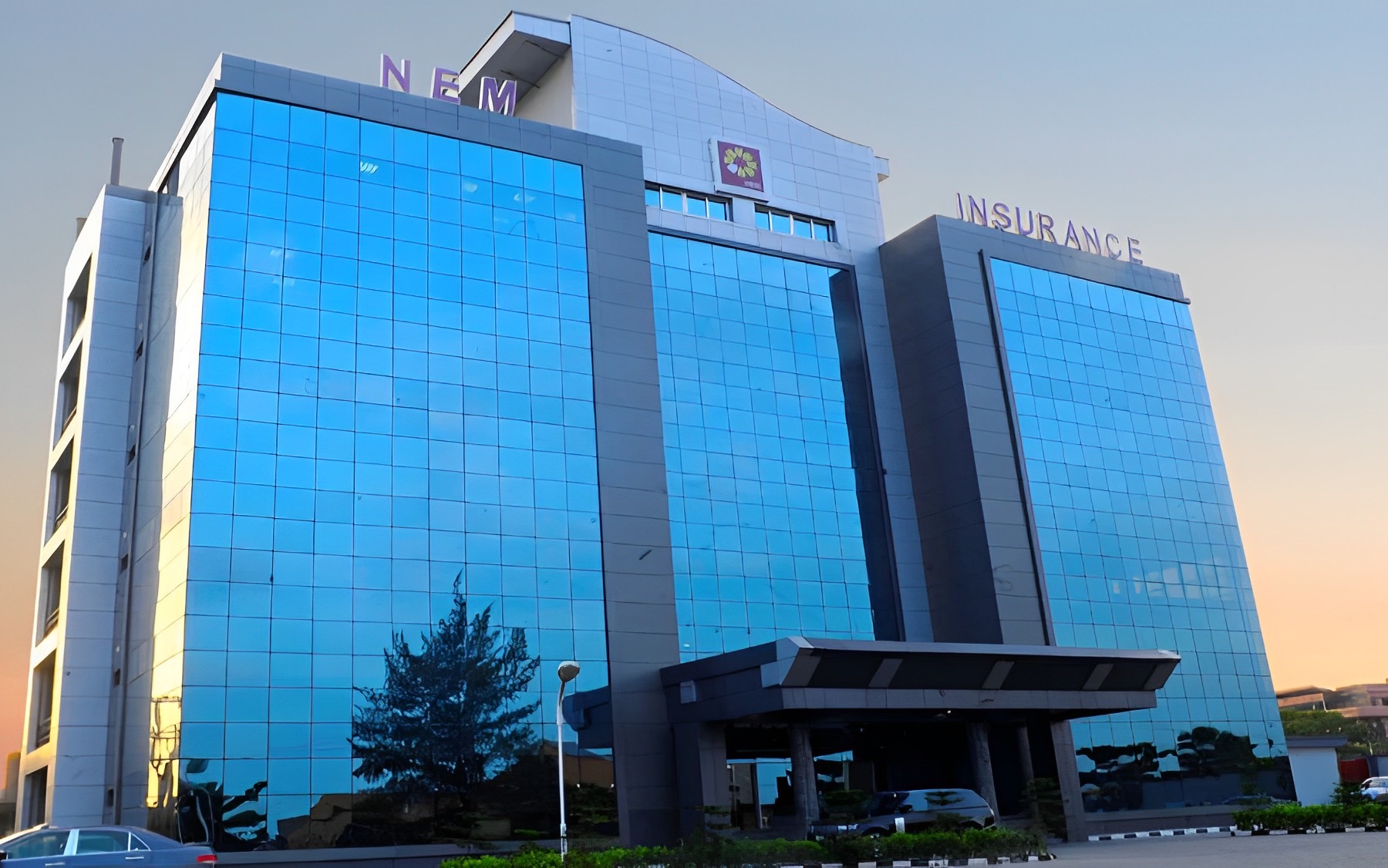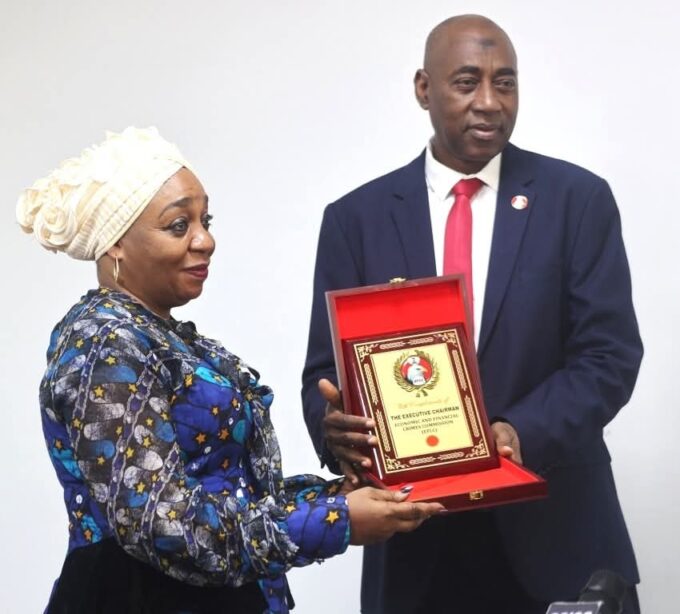For the past two years – since first-quarter of 2017 – the financial and insurance sector of the economy, which are jointly assessed, has experienced contracted growth consecutively; with the latest being -13.4 percent growth in second-quarter of 2018, the Ghana Statistical Services’ (GSS) data have revealed.
A critical analysis of the second-quarter GDP figures shows that the financial and insurance sector, over the past few years, has been the worst-performing among all sectors of the economy.
Even though its umbrella sector, services, continues to outpace the two other sectors, industry and agriculture – making it the highest contributor to GDP – the financial sector’s growth has been very disappointing.
After recording 22.3 percent growth in quarter-four of 2016, the financial and insurance sector took a sharp nose-dive to record -11.2 percent in the first quarter of 2017. It further dropped to -8.6, -25.5, and -25 percent respectively in the final three quarters of last year.
This year, 2018, growth hit -11.6 percent in the first quarter and further recorded-13.4 percent growth in the second quarter – all pointing to the fact that the sector is in terrible shape.
A corporate governance expert, Dr. Richmond Atuahene, said this can be blamed on a number of reasons – including government debt owed to the banks, inadequate credit to the private sector, and high non-performing loans.
“Government is also part of the banking sector’s problems. Government’s delay in paying debts owed to the banks is also contributing to the financial sector’s negative growth.
“About 80 percent of total assets in the financial sector is with the banks. So, if the banks are not doing well then it will definitely affect the sector’s performance. And what makes this more dangerous is that credit to the private sector has consistently declined from – 32 percent in 2012 to 16.4 percent currently.”
“What this means is that there is not the necessary credit to generate business activities, due to the weak economic indicators and poor performance of banks over the past years.”
“When a bank is not performing well, it tends to reduce credit. And by reducing your credit you are not growing the sector. Once the private sector performs badly, the whole financial sector will also perform poorly,” he told the B&FT in an interview.
He, however, expressed an upbeat opinion that if the current clean-up of the banking industry is complete and government pays it debt, and the macroeconomic fundamentals are strong, the sector will get back to its feet.
“When the banks have taken off the legacy debt, the non-performing loans are all cleared and they start taking good deposits, the business will turn around easily. Once the capitalization issue settles, other measures put in place will work; inflation will come down, exchange rate will stabilize – then things will begin to work and we will see a turnaround of the financial sector,” he said.
Source: thebftonline.com














